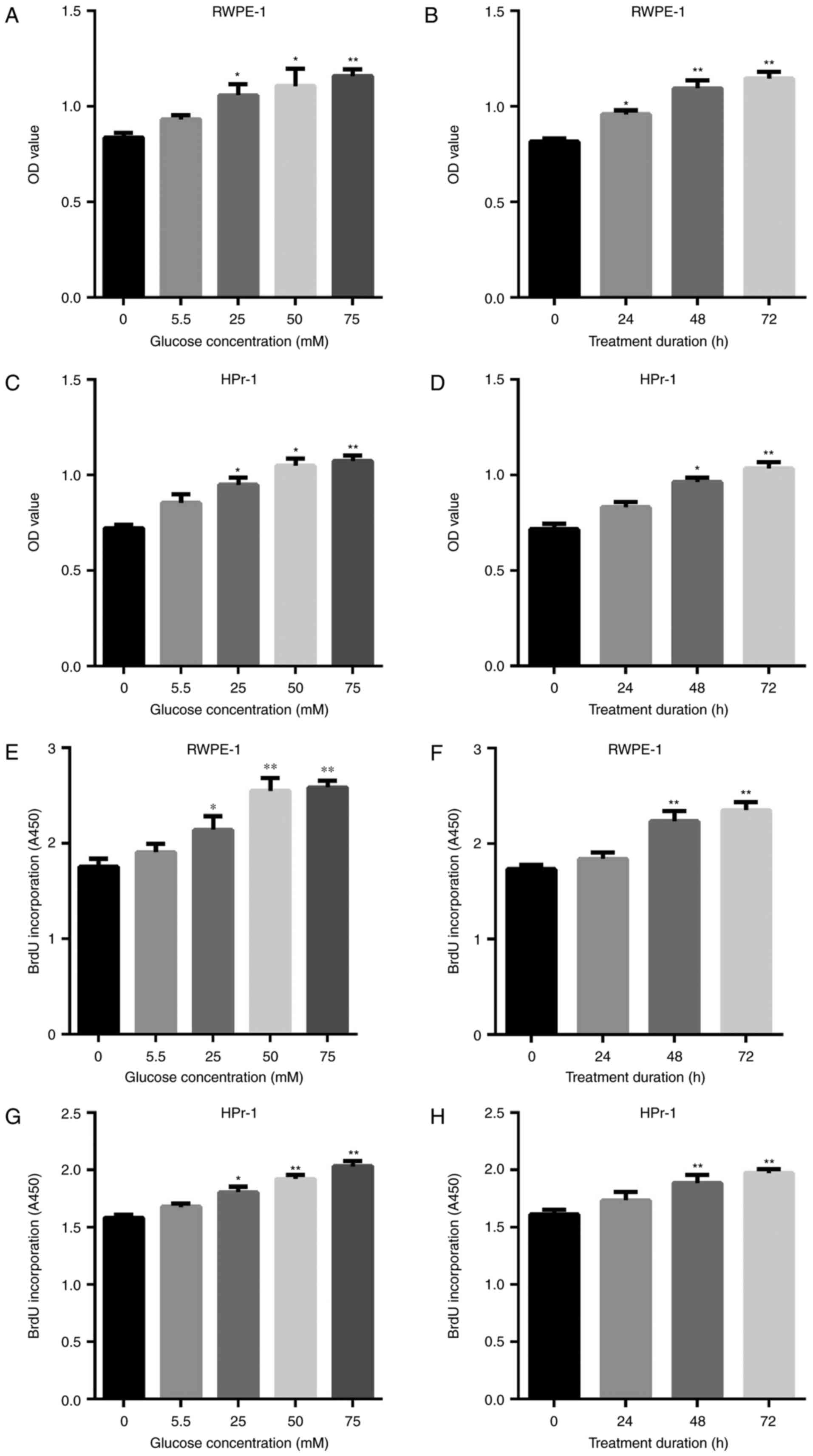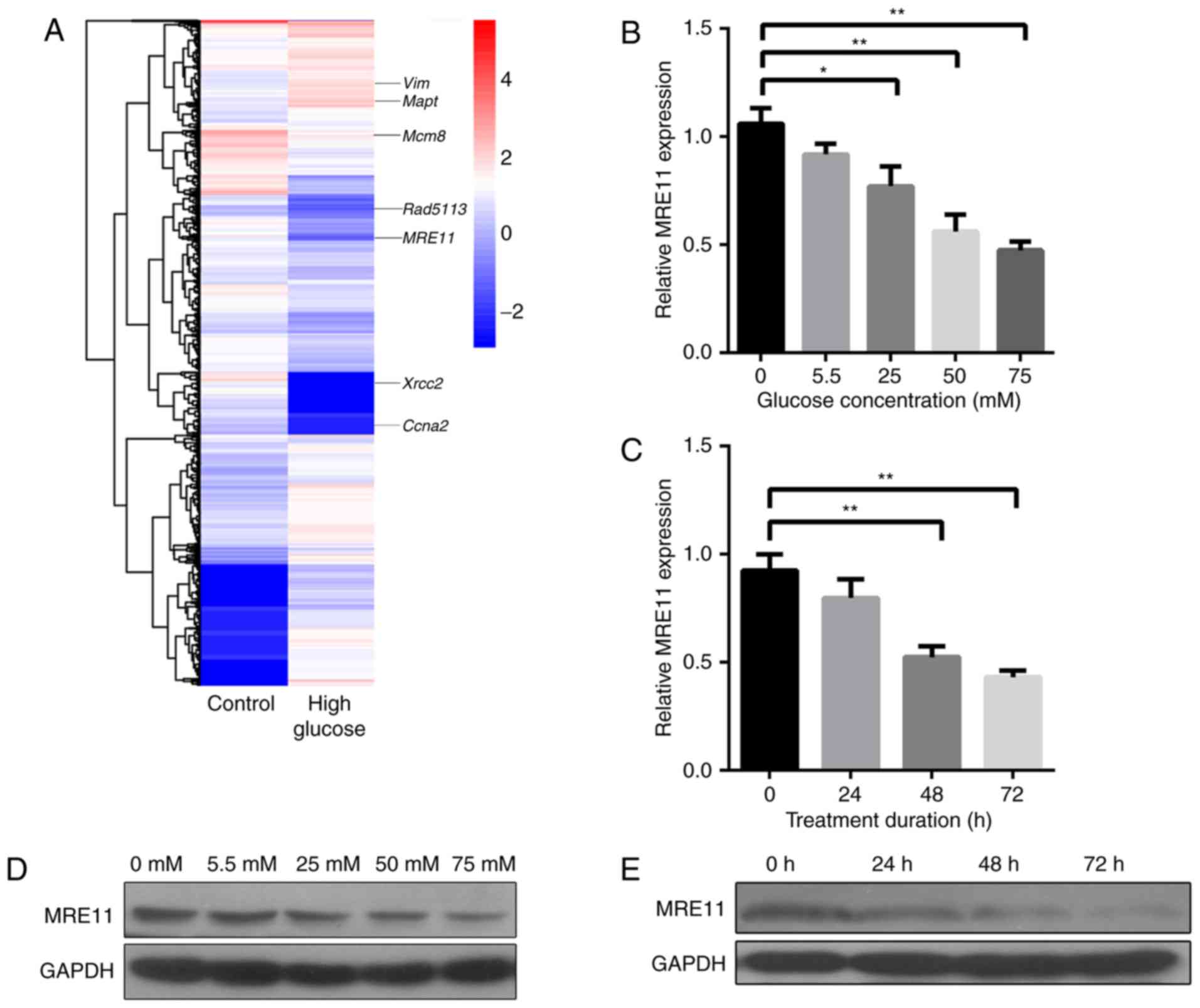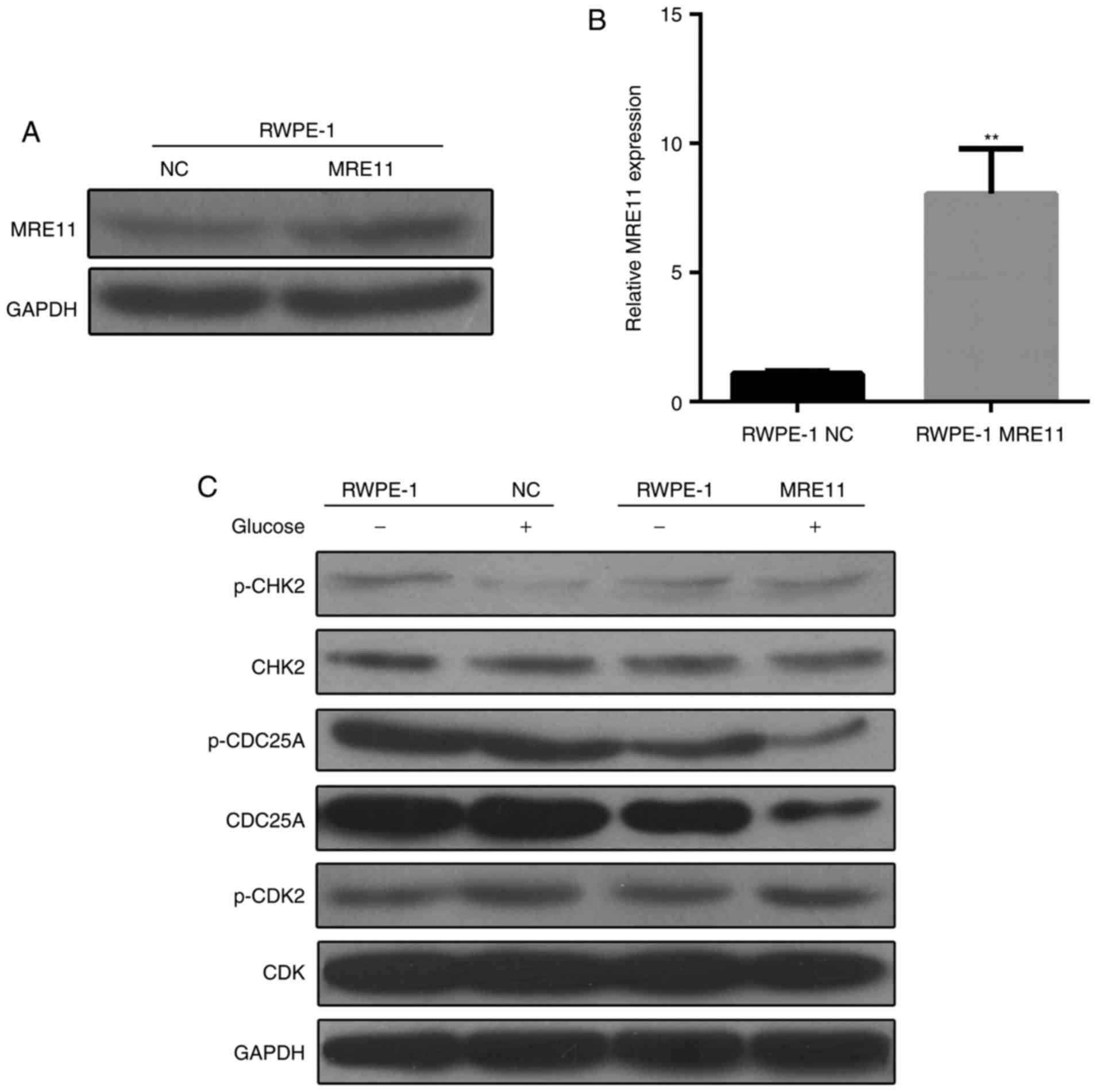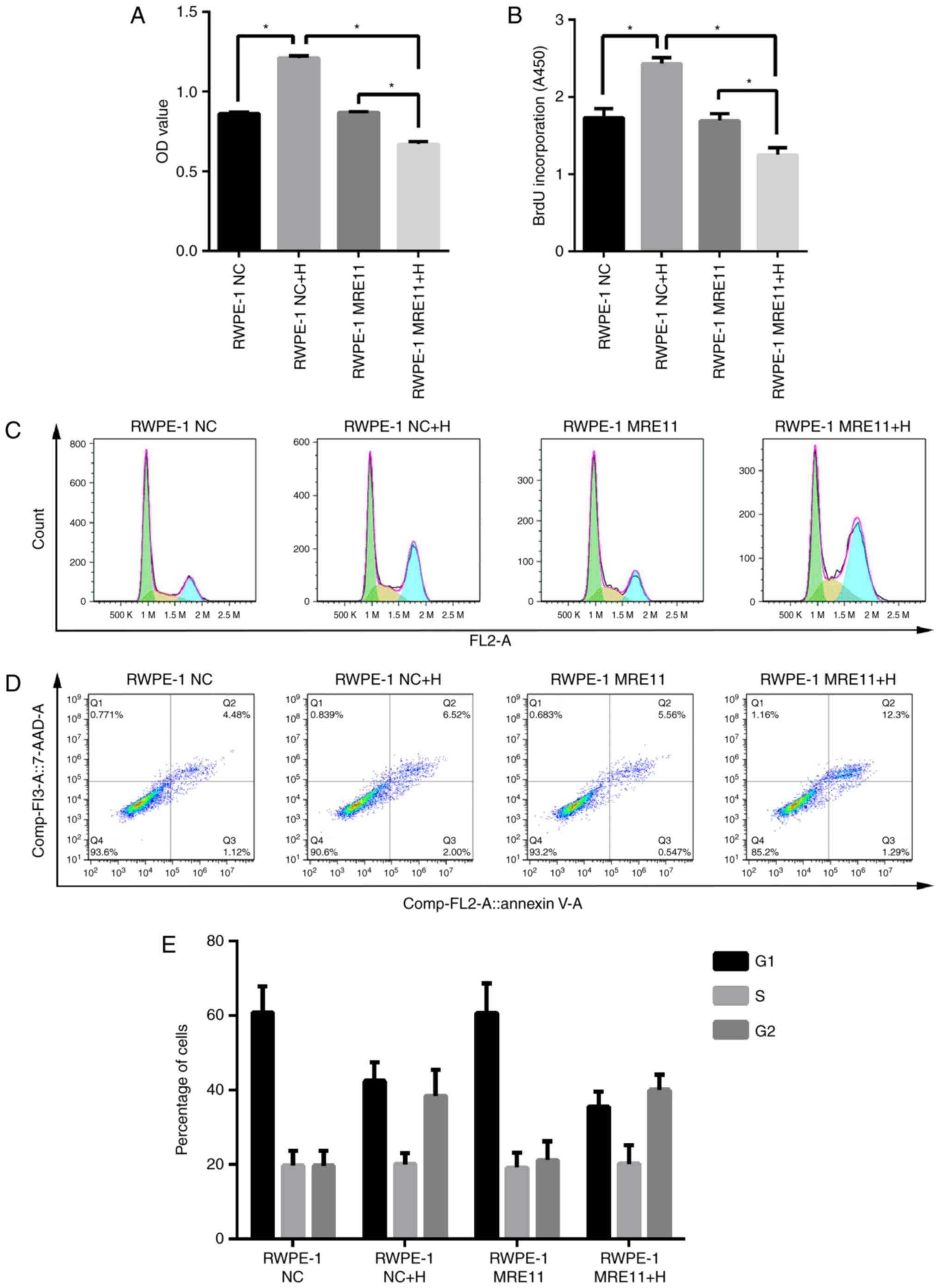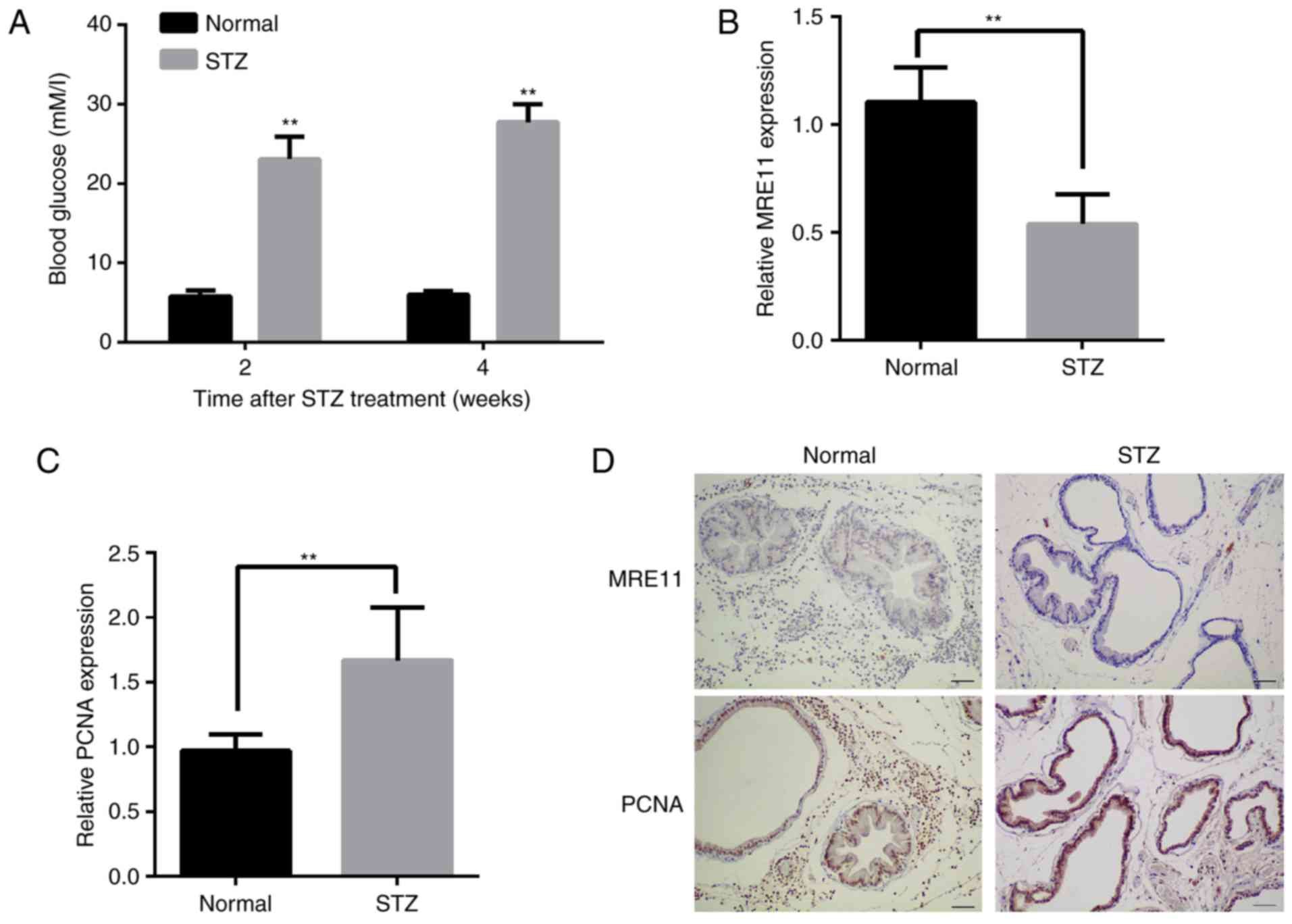|
1
|
Gandhi J, Weissbart SJ, Smith NL, Kaplan
SA, Dagur G, Zumbo A, Joshi G and Khan SA: The impact and
management of sexual dysfunction secondary to pharmacological
therapy of benign prostatic hyperplasia. Transl Androl Urol.
6:295–304. 2017. View Article : Google Scholar : PubMed/NCBI
|
|
2
|
Komninos C and Mitsogiannis I:
Obstruction-induced alterations within the urinary bladder and
their role in the pathophysiology of lower urinary tract
symptomatology. Can Urol Assoc J. 8:E524–E530. 2014. View Article : Google Scholar : PubMed/NCBI
|
|
3
|
Schwartz I, Wein AJ, Malloy TR and Glick
JH: Prostatic cancer after prostatectomy for benign disease.
Cancer. 58:994–996. 1986. View Article : Google Scholar : PubMed/NCBI
|
|
4
|
Hua L, Zhang J, Wu H, Sui Y, Zhang W, Qian
L and Wang Z: Prostate cancer after prostatectomy for benign
prostatic hyperplasia. Zhonghua Nan Ke Xue. 10:612–613. 2004.In
Chinese. PubMed/NCBI
|
|
5
|
Kristal AR, Arnold KB, Schenk JM,
Neuhouser ML, Weiss N, Goodman P, Antvelink CM, Penson DF and
Thompson IM: Race/ethnicity, obesity, health related behaviors and
the risk of symptomatic benign prostatic hyperplasia: Results from
the prostate cancer prevention trial. J Urol. 177:1395–1400. 2007.
View Article : Google Scholar : PubMed/NCBI
|
|
6
|
Qu X, Huang Z, Meng X, Zhang X, Dong L and
Zhao X: Prostate volume correlates with diabetes in elderly benign
prostatic hyperplasia patients. Int Urol Nephrol. 46:499–504. 2014.
View Article : Google Scholar
|
|
7
|
Chen Z, Miao L, Gao X, Wang G and Xu Y:
Effect of obesity and hyperglycemia on benign prostatic hyperplasia
in elderly patients with newly diagnosed type 2 diabetes. Int J
Clin Exp Med. 8:11289–11294. 2015.PubMed/NCBI
|
|
8
|
Kahn SE, Cooper ME and Del Prato S:
Pathophysiology and treatment of type 2 diabetes: Perspectives on
the past, present, and future. Lancet. 383:1068–1083. 2014.
View Article : Google Scholar
|
|
9
|
Raccah D: Insulin therapy in patients with
type 2 diabetes mellitus: Treatment to target fasting and
postprandial blood glucose levels. Insulin. 1:158–165. 2006.
View Article : Google Scholar
|
|
10
|
Breyer BN and Sarma AV: Hyperglycemia and
insulin resistance and the risk of BPH/LUTS: An update of recent
literature. Curr Urol Rep. 15:4622014. View Article : Google Scholar : PubMed/NCBI
|
|
11
|
Fleshner NE and Bhindi B: Metabolic
syndrome and diabetes for the urologist. Can Urol Assoc J. 8(7-8
Suppl 5): S159–S161. 2014. View Article : Google Scholar : PubMed/NCBI
|
|
12
|
Shimizu S, Tsounapi P, Shimizu T, Honda M,
Inoue K, Dimitriadis F and Saito M: Lower urinary tract symptoms,
benign prostatic hyperplasia/benign prostatic enlargement and
erectile dysfunction: Are these conditions related to vascular
dysfunction? Int J Urol. 21:856–864. 2014. View Article : Google Scholar : PubMed/NCBI
|
|
13
|
Majewski N, Nogueira V, Robey RB and Hay
N: Akt inhibits apoptosis downstream of BID cleavage via a
glucose-dependent mechanism involving mitochondrial hexokinases.
Mol Cell Biol. 24:730–740. 2004. View Article : Google Scholar : PubMed/NCBI
|
|
14
|
Gottlob K, Majewski N, Kennedy S, Kandel
E, Robey RB and Hay N: Inhibition of early apoptotic events by
Akt/PKB is dependent on the first committed step of glycolysis and
mitochondrial hexokinase. Genes Dev. 15:1406–1418. 2001. View Article : Google Scholar : PubMed/NCBI
|
|
15
|
Medema RH, Kops GJ, Bos JL and Burgering
BM: AFX-like Forkhead transcription factors mediate cell-cycle
regulation by Ras and PKB through p27kip1. Nature. 404:782–787.
2000. View
Article : Google Scholar : PubMed/NCBI
|
|
16
|
Buteau J and Accili D: Regulation of
pancreatic beta-cell function by the forkhead protein FoxO1.
Diabetes Obes Metab. 9(Suppl 2): S140–S146. 2007. View Article : Google Scholar
|
|
17
|
Glauser DA and Schlegel W: The emerging
role of FOXO transcription factors in pancreatic beta cells. J
Endocrinol. 193:195–207. 2007. View Article : Google Scholar : PubMed/NCBI
|
|
18
|
Chunwei YX, Yu W, Baoyi Z, Ya W, Shujun F,
Zebin C and Xingqiao W: Morphological and genetic changes in the
prostate of rats with diabetes. Chin J Exp Surg. 28:1535–1538.
2011.
|
|
19
|
Trapnell C, Pachter L and Salzberg SL:
TopHat: Discovering splice junctions with RNA-Seq. Bioinformatics.
25:1105–1111. 2009. View Article : Google Scholar : PubMed/NCBI
|
|
20
|
Benjamini Y and Hochberg Y: Controlling
the false discovery rate-a practical and powerful approach to
multiple testing. J R Statistical Soc. 57:289–300. 1995.
|
|
21
|
Livak KJ and Schmittgen TD: Analysis of
relative gene expression data using real-time quantitative PCR and
the 2(−Delta Delta C(T)) method. Methods. 25:402–408. 2001.
View Article : Google Scholar
|
|
22
|
Czornak K, Chughtai S and Chrzanowska KH:
Mystery of DNA repair: The role of the MRN complex and ATM kinase
in DNA damage repair. J Appl Genet. 49:383–396. 2008. View Article : Google Scholar : PubMed/NCBI
|
|
23
|
Zha S, Boboila C and Alt FW: Mre11: Roles
in DNA repair beyond homologous recombination. Nat Struct Mol Biol.
16:798–800. 2009. View Article : Google Scholar : PubMed/NCBI
|
|
24
|
Ye C, Li X, Wang Y, Zhang Y, Cai M, Zhu B,
Mu P, Xia X, Zhao Y, Weng J, et al: Diabetes causes multiple
genetic alterations and downregulates expression of DNA repair
genes in the prostate. Lab Invest. 91:1363–1374. 2011. View Article : Google Scholar : PubMed/NCBI
|
|
25
|
Paull TT and Gellert M: A mechanistic
basis for Mre11-directed DNA joining at microhomologies. Proc Natl
Acad Sci USA. 97:6409–6414. 2000. View Article : Google Scholar : PubMed/NCBI
|
|
26
|
Zhang X and Paull TT: The Mre11/Rad50/Xrs2
complex and non-homologous end-joining of incompatible ends in S.
cerevisiae. DNA Repair (Amst). 4:1281–1294. 2005. View Article : Google Scholar
|
|
27
|
Inagaki A, Roset R and Petrini JH:
Functions of the MRE11 complex in the development and maintenance
of oocytes. Chromosoma. 125:151–162. 2016. View Article : Google Scholar :
|
|
28
|
Zhao H, Traganos F, Albino AP and
Darzynkiewicz Z: Oxidative stress induces cell cycle-dependent
Mre11 recruitment, ATM and Chk2 activation and histone H2AX
phosphorylation. Cell Cycle. 7:1490–1495. 2008. View Article : Google Scholar : PubMed/NCBI
|
|
29
|
Buis J, Stoneham T, Spehalski E and
Ferguson DO: Mre11 regulates CtIP-dependent double-strand break
repair by interaction with CDK2. Nat Struct Mol Biol. 19:246–252.
2012. View Article : Google Scholar : PubMed/NCBI
|
|
30
|
Myer DL, Robbins SB, Yin M, Boivin GP, Liu
Y, Greis KD, Bahassi el M and Stambrook PJ: Absence of polo-like
kinase 3 in mice stabilizes Cdc25A after DNA damage but is not
sufficient to produce tumors. Mutat Res. 714:1–10. 2011. View Article : Google Scholar : PubMed/NCBI
|
|
31
|
Bryja A, Dyszkiewicz-Konwinska M, Budna J,
Ciesiółka S, Kranc W, Borys S, Jeseta M, Urbaniak O, Bukowska D,
Antosik P, et al: Expression of cell mitotic progression proteins
and keratinocyte markers in porcine buccal pouch mucosal cells
during short-term, real-time primary culture. J Biol Regul Homeost
Agents. 31:297–309. 2017.PubMed/NCBI
|
|
32
|
Sales CF, Santos KPED, Rizzo E, Ribeiro
RIMA, Santos HBD and Thomé RG: Proliferation, survival and cell
death in fish gills remodeling: From injury to recovery. Fish
Shellfish Immunol. 68:10–18. 2017. View Article : Google Scholar : PubMed/NCBI
|















